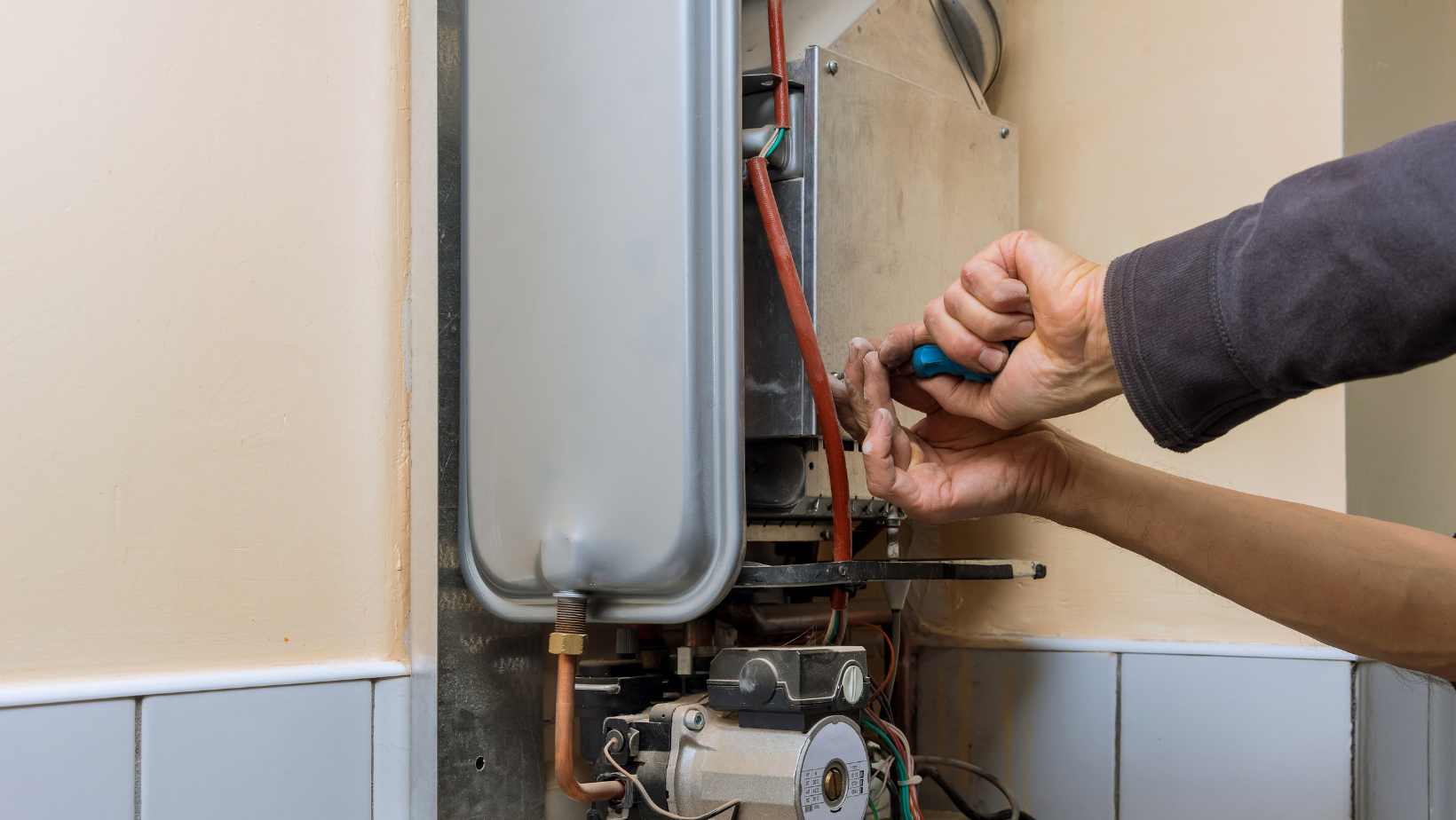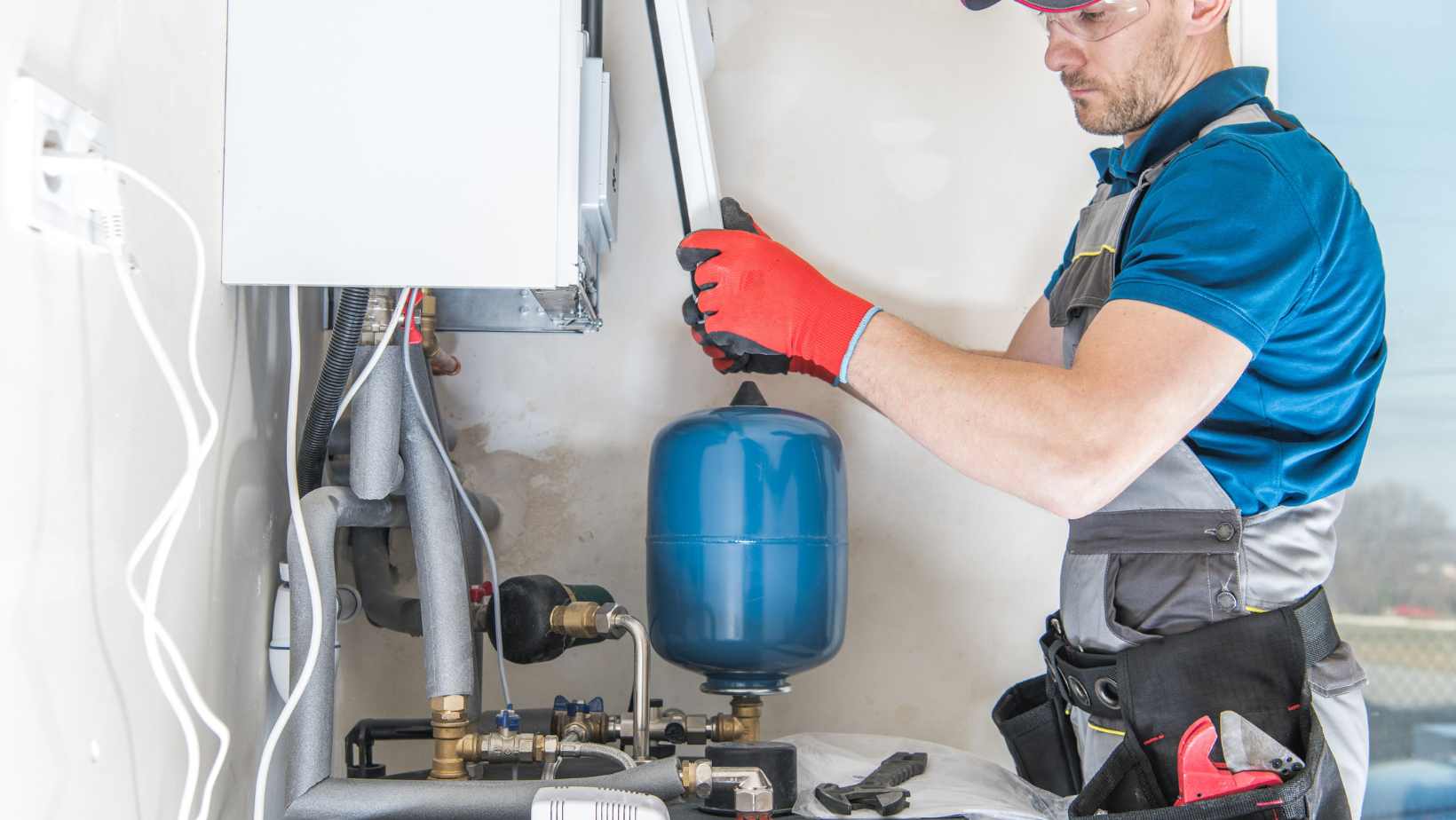Looking for a reliable and efficient way to heat your garage during the chilly winter months? A gas heater for your garage might be the perfect solution. With its powerful heating capabilities, a gas heater can quickly warm up even large garages, providing you with a comfortable working or storage space all year round.
Investing in a gas heater for your garage enhances comfort and adds value to your space. It allows you to utilize your garage effectively throughout the year and provides an inviting environment for various activities. Whether working on DIY projects, maintaining vehicles, or simply enjoying hobbies in your garage, a gas heater ensures that temperature won’t be an obstacle.
Table of Contents
ToggleChoosing The Right Size Gas Heater
When selecting a gas heater for your garage, choosing the right size is crucial. A properly sized heater will ensure efficient heating and optimal comfort in your workspace. Let’s delve into some key considerations to help you make an informed decision.
Calculate the BTU Requirement
The first step in determining the appropriate size of a gas heater for your garage is calculating the British Thermal Unit (BTU) requirement. BTU measures the heat needed to raise the temperature of a given space.
To calculate the BTU requirement, consider factors such as the garage’s square footage, insulation level, ceiling height, and desired temperature increase. Garages with poor insulation or high ceilings may require higher BTUs to compensate for heat loss.

Gas Heater For Garage
When installing a gas heater for your garage, there are some important steps to follow to ensure safety and efficiency. Here’s a breakdown of the installation process:
- Choose the Right Location: Select a suitable spot in your garage for the gas heater installation. Make sure there is enough space around it for proper ventilation and maintenance.
- Check Local Codes and Regulations: Before starting the installation, familiarize yourself with local building codes and regulations regarding gas heaters. Compliance with these guidelines ensures both safety and legal compliance.
- Prepare the Area: Clear any clutter or obstructions from the designated area where you’ll install the gas heater. Ensure that all flammable materials are stored away from the unit.
- Connect Gas Supply: Hire a licensed professional to connect your new gas heater to your garage’s existing gas supply line. This ensures proper installation and reduces potential risks associated with gas leaks.
- Ventilation System: Proper ventilation is crucial when using a gas heater in an enclosed space like a garage. Install an appropriate ventilation system, such as vent pipes or exhaust fans, to remove combustion byproducts safely.
- Secure Mounting: Follow manufacturer instructions to securely mount your gas heater on the wall or ceiling of your garage. Use sturdy brackets or supports designed specifically for this purpose.
- Test and Inspect: Test your newly installed gas heater thoroughly before regular use begins. Check for any leaks, unusual noises, or malfunctions requiring further attention.
Final Thoughts
Remember, if you’re not confident in your abilities or knowledge about installing a gas heater for your garage, it’s always best to consult with a professional HVAC technician who can ensure safe and efficient installation.
Don’t let cold temperatures limit the functionality of your garage any longer. Consider installing a gas heater and experience the benefits of reliable heating in this often overlooked space.





